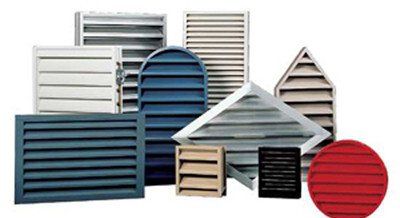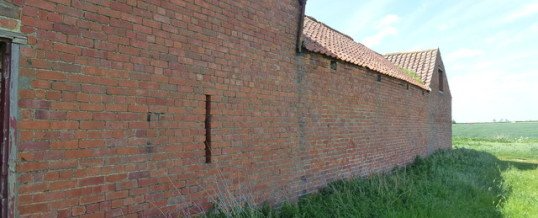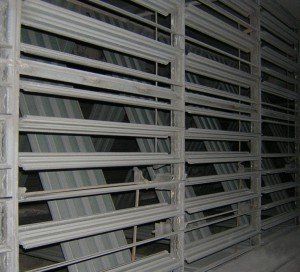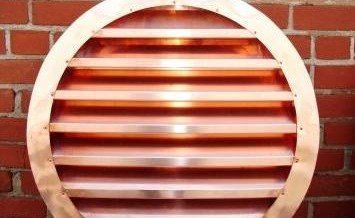Get in touch
555-555-5555
mymail@mailservice.com
WMC Informative Articles
Provided are some articles to educate you on ventilation and the use of louvers and Dampers for climate control and energy efficiency.

By Wonder Metals
•
31 Jul, 2021
Louvers have become recognized as a sustainable way to cut down heating and cooling costs and are an effective system for controlling the climate in a building and guiding fresh air in while ushering stale air out. Contractors easily design louvers to fit into homes, commercial structures and industrial constructions and give customers several options to choose from when it comes to size, shape, building materials and finish. The material chosen to manufacture a louver should be considered just the same as the elements being used to build the rest of a structure’s framework. Besides its low cost, aluminum louvers have several advantages to think over that can benefit a building in numerous ways.

By Scott Bruland
•
27 Nov, 2020
When we’re hot in the summer we effortlessly turn on the air conditioning to cool down, and in the winter months, we seek comfort from our heaters. As long as everything seems to be working correctly, there isn’t usually much thought given to the heating, ventilation and air conditioning (HVAC) system of a building, except when it comes time to pay the bill. But the truth is that proper airflow is significant for many reasons, and to keep an HVAC system working at its highest efficiency, the installation of dampers is often the most desirable solution.

By Wonder Metals
•
01 Oct, 2020
Using brick masonry in the creation of structures has many benefits. Not only do bricks produce some of the most eye-catching architecture, but they’re also very sturdy and durable. Many home and business owners have come to really appreciate this noise-blocking, fire-resistant and termite-immune building material. Furthermore, bricks contribute to the eco-friendly cause. However, while there are many advantages to building with masonry, there can also be a major downside if brickwork isn’t taken care of properly. Bricks are actually porous and soak up moisture like a sponge. Which means, in stormy weather, water is absorbed and can accumulate until mold, spalling or efflorescence occurs. The most common methods for ventilating brick walls are weep holes and brick vents, but read on to find out why brick vents are the more superior option.

By Wonder Metals
•
05 Sep, 2020
Choosing to have dampers installed to help maintain and control the air movement throughout your home or business will prove to be an economical and environmentally friendly decision. Dampers are manufactured with mobile plates that adjust either automatically or manually to guide air through a building or block it if needed. They are often used for climate control in individual rooms as well. After they have been set up inside HVAC ductwork, a chimney or other air handling equipment, dampers can also work to improve the indoor air quality of a structure. There are an assortment of dampers to pick from depending on the type of building and its airflow requirements, and you can further select size, shape, finish, etc. Below are a few examples of the most common materials that dampers are made of.

By Wonder Metals
•
03 Jul, 2020
Louvers are frequently installed in home and commercial construction as an effective means of permitting air to flow in and out of a structure as needed while creating a barrier against dirt, debris and water, which you typically don’t want inside. A good ventilation system is important to a building for many reasons. Not only does it make the interior of a structure cooler in the warmer months and help to insulate in the cooler ones, but it also helps to maintain the building materials that were used and reduces the potential for moisture buildup and subsequent mold growth. Louvers come in all different shapes, sizes and colors to best fit your needs and can often be custom-made if that’s what your requirements call for. They can also be designed out of various materials, but you may opt for copper louvers once you hear about the few extra benefits they offer.
Since 1956 WMC Architectural have been serving with quality service and products coming together for the completion of successful projects.
Customer Service
Technical Support & General Inquiries
Corporate Office
WMC Architectural
4351 Caterpillar Rd.
Redding, CA 96003
TF: (800) 366-5877
PH: (530) 241-3251
FX: (530) 241-1738
©Copyright WMC Architectural Redding, CA. | All Rights Reserved. Privacy Statement | Terms and Conditions | Disclaimer | Cookie Preferences

